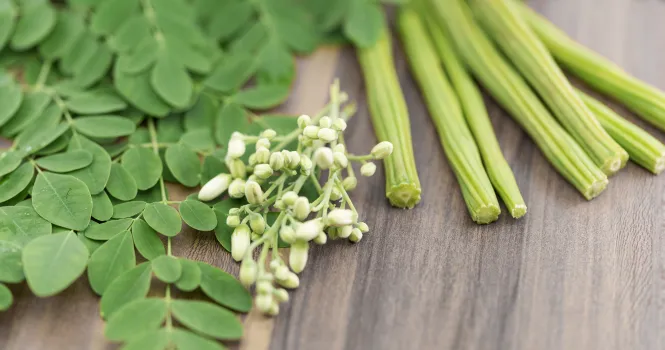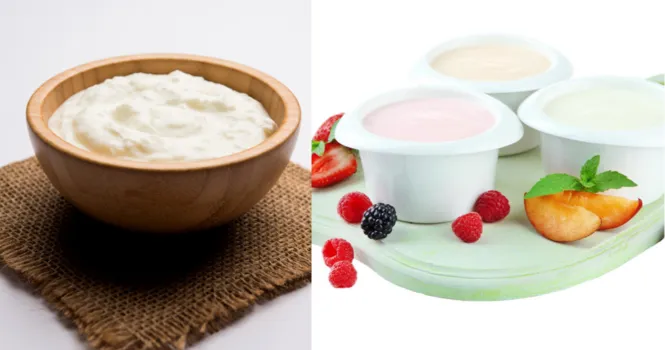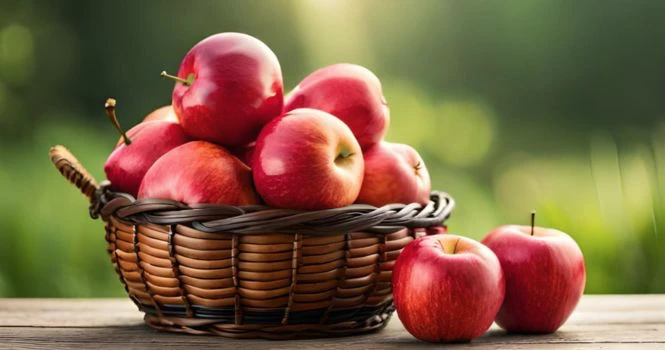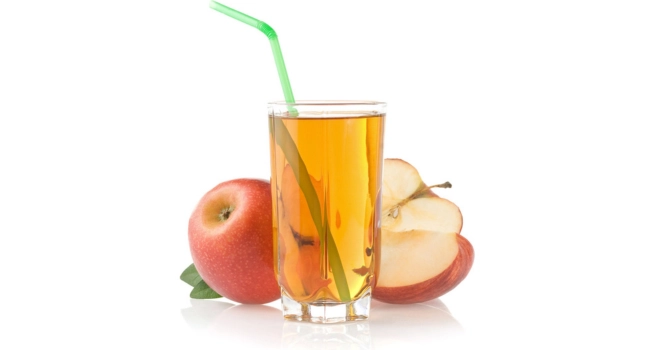Discovering the Health Benefits of Horseradish Tree Leaves

The horseradish tree, more commonly known as moringa (Moringa oleifera), is a plant hailed for its numerous health benefits and nutritional value.
Its leaves, in particular, are rich in vitamins, minerals, and other beneficial compounds, making them a valuable addition to various diets around the world.
We will delve into the properties of moringa leaves, their health benefits, and how they can be incorporated into a healthy diet.
Nutritional Profile
Moringa leaves are highly nutritious, containing a variety of vitamins and minerals, including vitamin A, vitamin C, calcium, potassium, and iron. They are also a good source of protein and are rich in antioxidants, which can help combat oxidative stress and may reduce inflammation in the body.
1. Vitamin A: Essential for healthy vision, immune function, and skin health.
2. Vitamin C: Important for collagen synthesis, immune defense, and as an antioxidant.
3. Calcium: Vital for bone health and muscular function.
4. Potassium: Necessary for muscle function, nerve signals, and fluid balance.
5. Iron: Crucial for the formation of hemoglobin and oxygen transport in the blood.
Health Benefits of Moringa Leaves
1. Rich in Antioxidants: Moringa leaves are loaded with antioxidants such as quercetin and chlorogenic acid. Antioxidants help in preventing cell damage and may reduce the risk of chronic diseases like heart disease and diabetes.
2. Anti-Inflammatory Properties: The isothiocyanates in moringa leaves are known for their anti-inflammatory effects, which can help reduce inflammation and may be beneficial for conditions such as arthritis.
3. Supports Heart Health: Moringa leaves may contribute to heart health by lowering blood pressure, reducing cholesterol, and preventing the formation of plaques in the arteries.
4. Blood Sugar Regulation: Some studies suggest that moringa leaves can help in regulating blood sugar levels, which is beneficial for individuals with diabetes or those at risk of developing the condition.
5. Nutrient-Dense for Pregnant and Lactating Women: Due to their rich nutritional profile, moringa leaves can be an excellent supplement for pregnant and lactating women, aiding in meeting their increased nutritional requirements.
How to Incorporate Moringa Leaves into Your Diet
Moringa leaves can be consumed fresh, dried, or in powder form. Here are a few ways to include them in your diet:
- Fresh Leaves: Can be used in salads or as a green vegetable side, similar to spinach.
- Powdered Moringa: The dried leaves can be ground into a powder and added to smoothies, soups, or teas for a nutritional boost.
- Moringa Tea: Dried leaves can be steeped in hot water to make an herbal tea.
- Cooking: Moringa leaves can be incorporated into various dishes, including stews, curries, and stir-fries.
Considerations and Precautions
While moringa leaves are generally considered safe for consumption, moderation is key, as excessive intake may lead to adverse effects such as digestive issues.
Individuals taking medication should consult with a healthcare provider before adding moringa leaves to their diet, as they may interact with certain medications.









